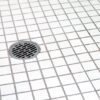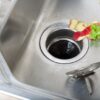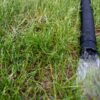Category: Drain Cleaning
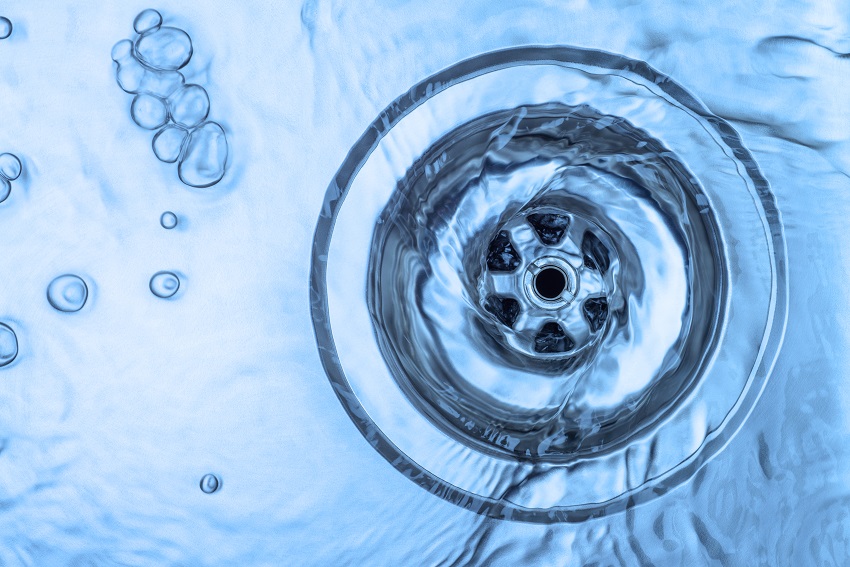
Tips to Prevent Drain Issues
You probably don’t think too much about your home’s drain system – until it stops working. Most homeowners have neither the time nor the patience for these situations. Fortunately, we can offer some tips to help prevent drain issues before they happen.
Bathroom
Believe it or not, the bathroom is likely the most important room in your home. Everyone uses the bathroom. Between the sink, shower, tub, and toilet, the bathroom is also a place where clogs can run rampant – unless you’re careful.
- Cover drains with a mesh screen to catch and minimize the amount of hair and soap scum being washed down.
- Instead of chemical cleaners that can damage pipes and your pocketbook, try using a homemade drain cleaner.
- Don’t use your toilet as a trash bin. Only flush waste and toilet paper.
- Pour boiling water down each drain once a week to loosen and wash away any buildup.
- On occasion, a plumber should snake the drains. Keeping pipes maintained and clear will keep them from becoming fully clogged.
Kitchen
The kitchen is another important room, because it’s the hub for your family’s everyday life. This room is a haven for food preparation, problem solving, gathering, and socializing. And, like the bathroom, the kitchen is not immune to clogging. Here’s what you can do to prevent drain issues in the kitchen:
- Try not to put food down the kitchen sink. Scrape excess food from plates into the trash before washing dishes and use a strainer to catch food before it goes down the drain.
- Throw food and coffee grounds in the garbage or compost pile.
- Even if you have a garbage disposal, avoid putting things like banana peels, eggshells, and potato skins down the drain. They are more likely to stick to the inside of the pipes or get trapped in the disposal blades and lead to clogs.
- Properly dispose of cooking grease. Instead of washing it down the drain, save it in a cardboard milk container or a coffee can. Then, throw it in the trash.
- Once a week, pour boiling water down the drain. This will soften up and flush away any built-up grease inside the pipes.
Laundry Room
If your washing machine drains into a laundry tub, that drain is an easy target for clogs. To prevent this from happening, attach a mesh lint trap to the end of the washing machine discharge hose. You can also use pantyhose. These handy devices will collect lint and keep it from blocking your laundry tub drain. Just remember to periodically replace the trap.
Be careful with what you put through the pipes in your home to help prevent drain issues before they happen. To keep your drains in proper working order or if you’re in hot water with a tough clog, contact the full-service drain cleaning experts at Robillard Plumbing. We can tackle the issue and get your home’s plumbing back on track.
Read More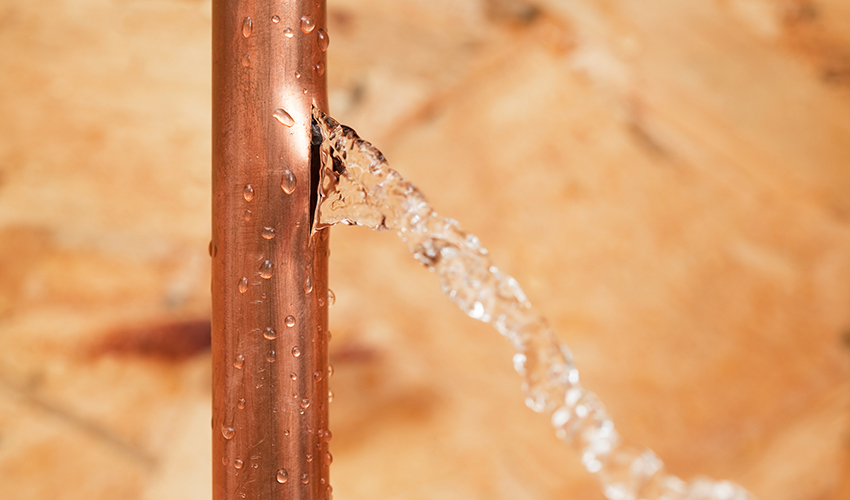
Preventing Common Winter Plumbing Issues
The season of snow, short days, and brutally cold temps is upon us. Winter tends to be extra stressful on your home’s plumbing, especially when they’re as extreme as what we experience in Minnesota. Want to stay ahead this year? Here are some tips to help prevent common winter plumbing issues in your household.
Problem: Clogged Drains from Grease and Food
Food and other blockages accumulate in pipes more easily during colder weather. With all the extra food and clean-up of the holidays, it’s important to take some precautions to keep your pipes running smoothly.
What You Can Do
While you should be careful year-round, be especially cautious when discarding food scraps in the sink. If you don’t have a garbage disposal, be sure you throw away as many food particles as possible and use a drain screen to catch any that may have been missed.
Grease and oil should never get into your pipes. These substances stick to pipes instead of draining properly, where they solidify and can cause big blockages. Instead, let grease or oil cool in a container and then throw it away in the trash. If you experience drain issues, beware that store-bought chemical treatments can damage your pipes. Contact a drain cleaning expert.
Problem: Frozen Pipes
This is probably the most
common winter plumbing issue, due to below freezing temperatures and high water
pressure from the main line. A change in water flow can indicate a frozen pipe,
which can burst as it thaws and cause expensive damage.
What You Can Do
If you’re trying to save money by lowering the thermostat, remember that the lower it’s set, the higher the risk of frozen pipes in your exterior walls. It’s recommended to set it no lower than 55 degrees, or even closer to 60 if outside temps are at severe lows, especially if you’re leaving home for multiple days.
During extreme cold, open cabinets and closets to let the warm air reach hidden pipes. You can also leave your faucet open just enough for a light trickle through the coldest nights. In the case of a burst pipe, locate and shut off the main water valve and contact a plumbing professional immediately.
Problem: Water Heater Failure
Colder weather means colder water is delivered to your water heater, forcing it to work extra hard to keep up. Nobody wants to be left with cold water in the winter, so help prevent an issue with these tips.
What You Can Do
Insulate the room your water heater is in. You can also insulate the unit itself, but it’s recommended to work with an experienced plumber to avoid causing a fire hazard. It may be tough, but try to use less hot water whenever possible – the system will appreciate the break!
Frigid temps and piles of snow come with the territory here in Minnesota. Use these tips to prevent common winter plumbing issues and the stress they cause and help keep your home comfortable and running smoothly all season long.
For all of your plumbing needs, rely on the master plumbers at Robillard. Contact us to learn more.
Read More
